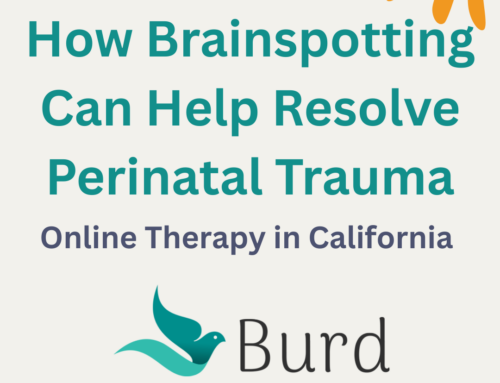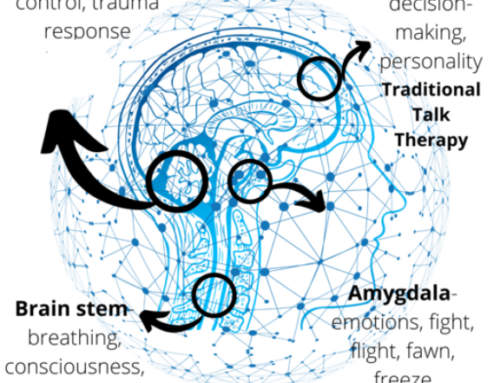Hi all! In this dispatch from the Evolution of Psychotherapy, I spent the morning hearing from the founder of Motivational Interviewing, one of my go-to approaches since 2002. I wrote this post to introduce potential clients to a great way to get unstuck and move forward. Blog readers might recognize MI from this post on Value Sort Cards.
It is human nature to try to fix others. We love to point out what they need. Bill Miller, the founder of Motivational Interviewing (MI), calls this a “righting reflex.” We naturally want to make things right.
The problem is that most people come to therapy ambivalent. That means feeling conflicted about something, seeing both the good and bad about it, or feeling stuck. Raise your hand if you already know rationally some change you should make but don’t do it for whatever reason.

Founder of Motivational Interviewing, William Miller, PhD, and San Diego Psychotherapist Abigail Burd, LCSW, BCD
Most People Come to Therapy with Ambivalence
Want to know another secret about therapists? Most therapists have a problem. They want to help. Sure, most are lovely, helpful people. They also love having the “right answer” and telling their clients what to do. That’s the righting reflex kicking in.
When an ambivalent client meets a “fixing” therapist, it doesn’t feel good. Do you like having someone tell you the obvious? “You should really stop drinking. Smoking/heroin/sugar/porn is bad for you. Starting an affair is a terrible idea. You need to exercise more. Your relationship is horrible, get out.”
Some people think that if you make someone feel bad about their behavior they will stop. Um, no. Addiction therapy used to be about making people feel embarrassed, ashamed, at “rock bottom.” And then magically hoping if they felt bad enough, they would change.
Most normal humans would feel horrid if a counselor did this. I know I would feel resentful, rejected. I wouldn’t go back. Would you?
And then to make it worse, therapists tell them what to do. I personally don’t like it when people tell me what to do. Especially if it’s around something complicated.
What Do MI Therapists Do That is Different?
When people feel affirmed and accepted, they want to talk more and come back. If the therapist can accurately hear their situation and recognize their conflict, a safe space is created. They feel empowered, heard, comfortable and hopeful.
The truth is I, as the therapist, won’t make the change happen. You will. I don’t have all the answers. You are the expert on your own life. I will help create the safe space where the answers come more clearly to you.
I won’t be fighting with you or arguing with you. Therapy doesn’t work when your therapist is wrestling with you or telling you what to do.
What is Motivational Interviewing?
“Motivational Interviewing is a collaborative conversation style for strengthening a person’s own motivation and commitment to change.” William Miller, PhD
MI therapists do this through collaboration, compassion, acceptance and evocation. (To evoke means to call forth what is already there.)
Some therapists think the problem is a person is lacking in something and that the therapist will teach them and give them what it is. For example, the therapist gives insight, skills, or rational thought. That’s great for a therapist’s ego! But it doesn’t really help the person as much.
Instead, we have faith that you have inside you everything you already need. In MI, we believe everyone is worthy of acceptance, affirmation, autonomy, empathy, and worth.
Want to Know More About MI in San Diego?
Contact me at abby@burdtherapy.com or call 619-289-7818 to schedule a free 15-minute phone consultation. For therapy, I always tailor an integrated, individualized plan, but it will likely include elements of Motivational Interviewing.
If you a new Associate Clinical Social Worker, Marriage and Family Therapist, or Professional Clinical Counselor, I provide California BBS approved Clinical Supervision. I can help fill in any gaps in your education or training, or supervise you in your chosen clinical approach.
For agencies, contact me to schedule a training. I’m happy to teach your staff more about Motivational Interviewing, among other topics! MI is not just for mental health, but works for many in the health field.






What are your thoughts?